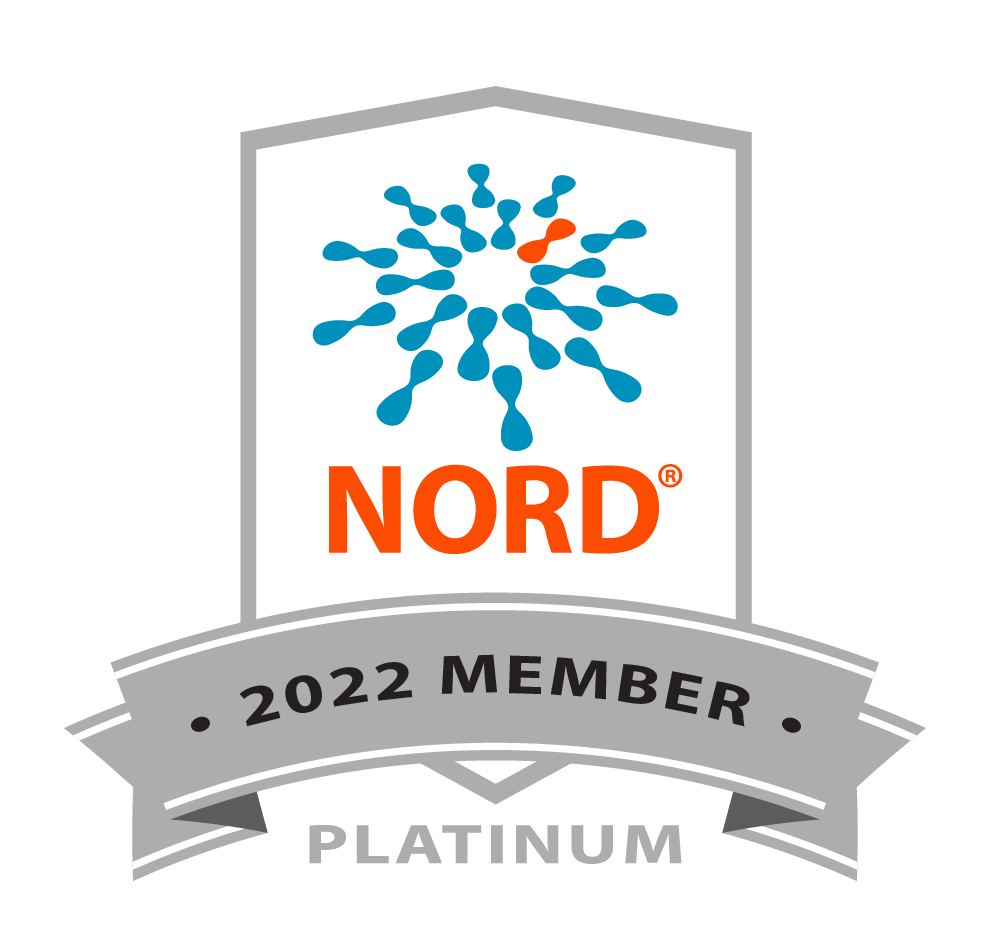The Alpha-1 Biomarker Consortium (A1BC) Study aims to improve our understanding of Alpha-1 and accelerate the discovery and development of new treatments.

What is the A1BC Study?
The A1BC Study follows patients enrolled in the Alpha-1 Research Registry to identify biomarkers that can be used to advance Alpha-1 clinical trials.
What is a biomarker?
A biomarker is a feature or characteristic that can signal or predict how well the body responds to a treatment for a condition or disease, or if a condition or disease is getting better or worse.
Biomarkers can be detected or measured in blood, other body fluids, or tissues. They are a sign of a normal or abnormal process, or of a condition or disease. For example, FEV1 (forced expiratory volume) – the air you exhale in 1 second – is used to predict lung decline.
A1BC researchers will measure biomarkers in blood and sputum and obtain high resolution CT scans from Alphas enrolled in the study for a period of three years.
Led by co-Principal Investigator Jeanine D’Armiento, MD, PhD, Columbia University, and Charlie Strange, MD, Medical University of South Carolina, the A1BC Study is funded through a multi-center grant from the National Institutes of Health (NIH) and supplemented by funding from the Alpha-1 Foundation.
Why is the A1BC Study being conducted?
The aim of the A1BC Study is to identify biomarkers in CT imaging that may help identify Alphas who are at risk of rapidly worsening lung function.
While some Alphas have stable lung function over many years, some Alphas’ lung function worsens rapidly. Currently, there are no predictors to identify Alphas at risk of rapidly worsening lung function.
Identifying biomarkers for worsening lung function is an important step toward studying early treatments and identifying ways to avoid serious lung complications.
Who is eligible to participate in the A1BC?
1. ZZ Alphas*
2. Enrollment in the Alpha-1 Research Registry. Join the Alpha-1 Research Registry today, or use our Research Registry Lookup Tool to see if you’re currently enrolled and get your Registry Record ID number. If you still need assistance confirming your participation in the Alpha-1 Research Registry, you can contact a Registry Coordinator by email at alpha1registry@alpha1.org or phone 1-877-228-7321 ext. 252 or 245
3. Adults 18 years and older
*MZ and SZ Alphas are not eligible at this time but may be contacted in the future for participation.
Learn More about the A1BC
For more information on how to participate in the A1BC Study, contact the Alpha-1 Foundation at alpha1registry@alpha1.org or 1-877-228-7321, ext.252











